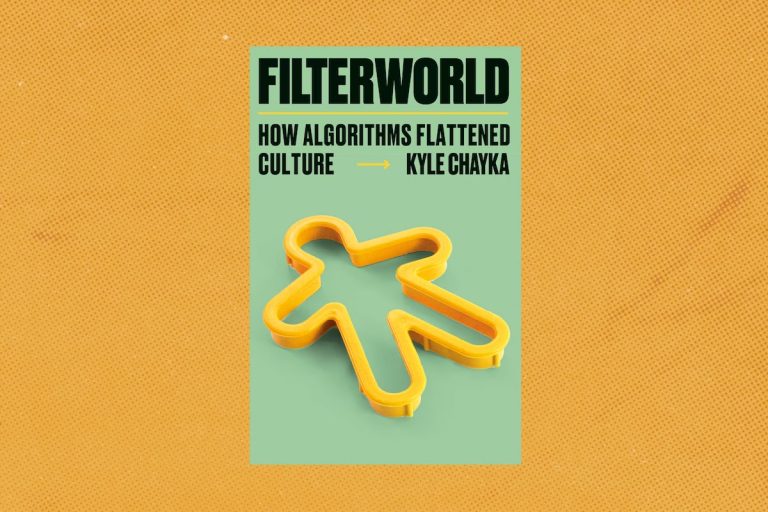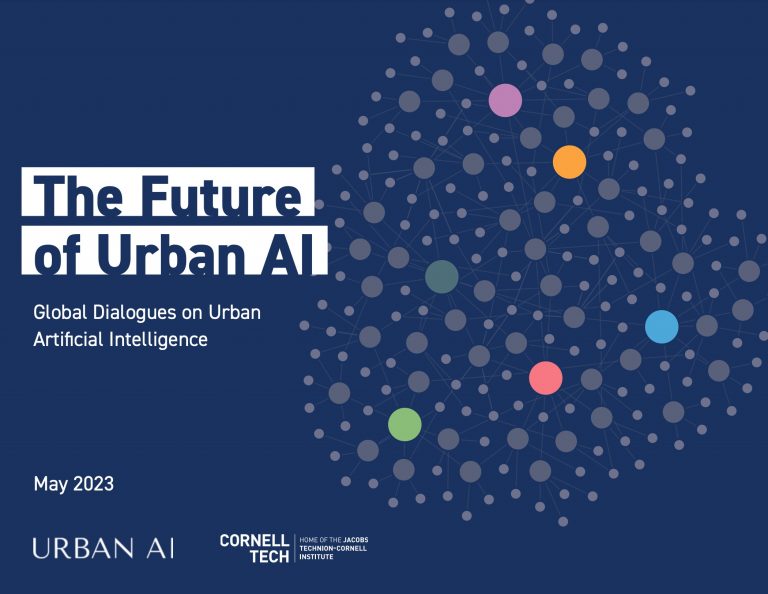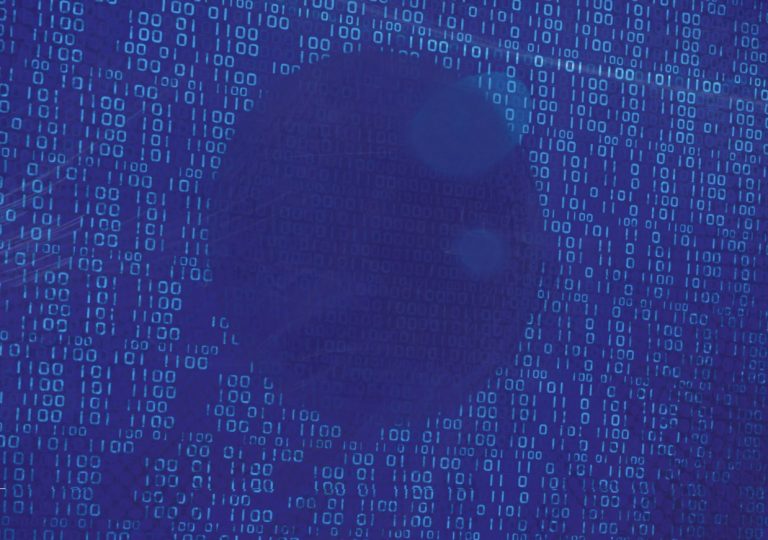The Internet in 2020
“The web-based survey gathered opinions from prominent scientists, business leaders, consultants, writers and technology developers. It is the fourth in a series of Internet expert studies conducted by the Imagining the Internet Center at Elon University and the Pew Research Center’s Internet & American Life Project. In this report, we cover experts’ thoughts on the following issues:
- Will Google make us stupid?
- Will the internet enhance or detract from reading, writing, and rendering of knowledge?
- Is the next wave of innovation in technology, gadgets, and applications pretty clear now, or will the most interesting developments between now and 2020 come “out of the blue�
- Will the end-to-end principle of the internet still prevail in 10 years, or will there be more control of access to information?
- Will it be possible to be anonymous online or not by the end of the decade?
Fast Company focuses on privacy:
Experts were nearly split down the middle, with 55% agreeing that Internet users will be able to communicate anonymously and 41% agreeing that, by 2002, “anonymous online activity is sharply curtailed.” Not only are there divergent opinions on whether online anonymity will be possible in the future, there isn’t even a consensus on whether anonymity is universally desirable.
ReadWriteWeb takes a broader view and highlights some key quotes from the report.
MSNBC instead focuses on literacy:
A decade from now, Google won’t make us “stupid,” the Internet may make us more literate in a different kind of way and efforts to protect individual anonymity will be even more difficult to achieve, according to many of the experts surveyed for a look at “The Future of the Internet” in 2020.




